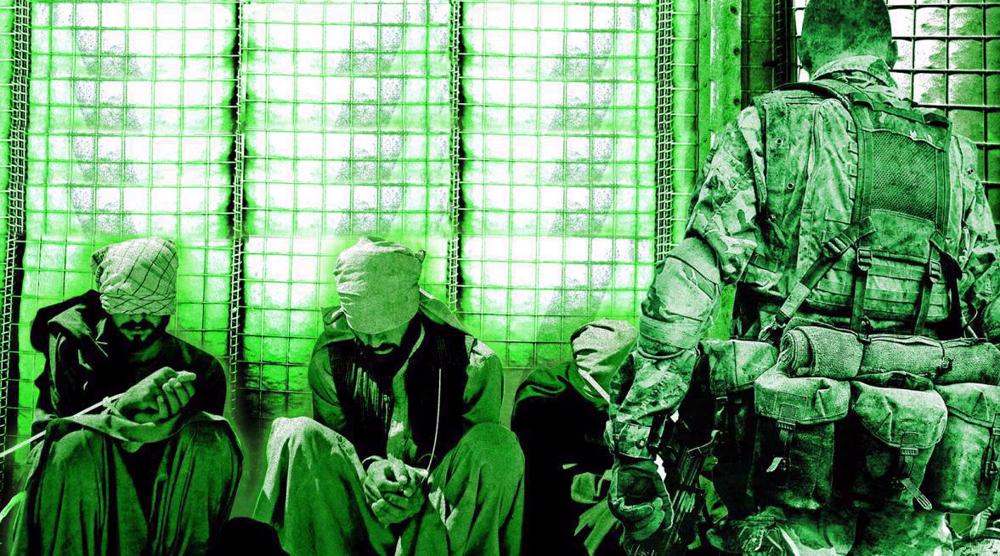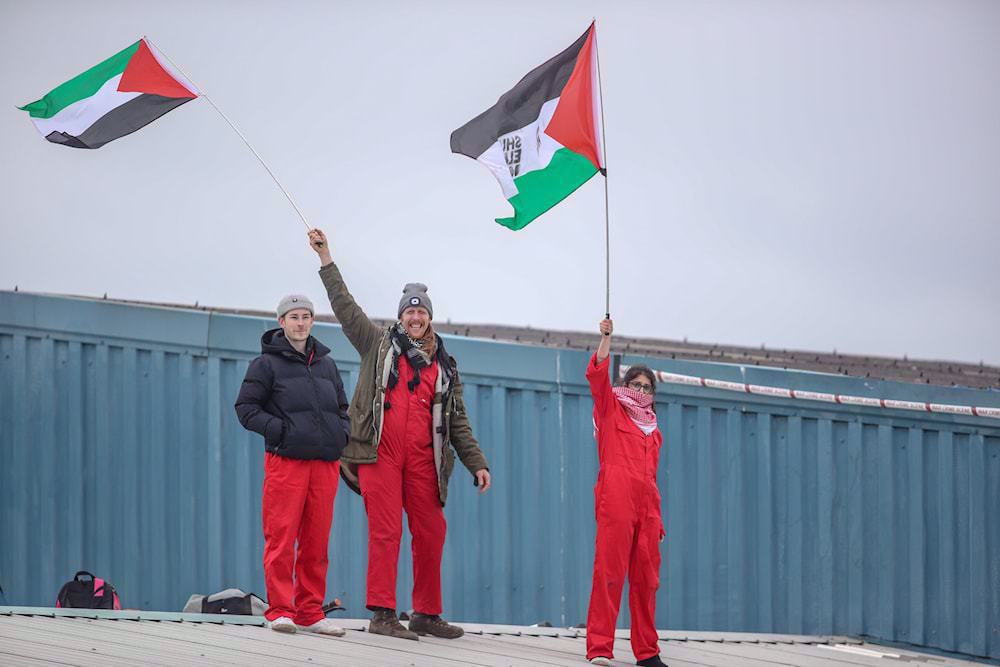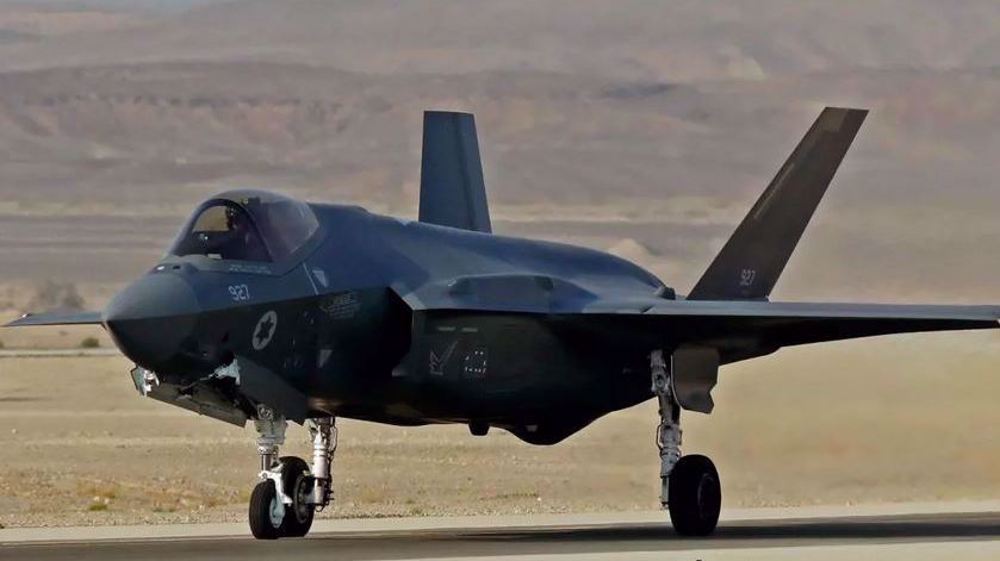UK set to protect soldiers from war crimes charges in new bill
The UK government has proposed a bill to the House of Commons in an attempt to protect its military personnel from prosecution for any war crimes committed in Iraq and Afghanistan.
In the face of condemnation from human rights groups and retired officers, and the House of Lords’ opposition, the government decided to put preparations on hold to save the soldiers from charges of torture, genocide, or crimes against humanity.
However, the proposed legislation would shield British troops from several other allegations such as willful killing, cruel and inhumane treatment, rendition, and hostage-taking.
According to the ‘Overseas Operations Bill’, which proposes a five-year limit of criminal charges against veterans, the prosecutions would require the permission of the attorney general.
Meanwhile, Labor MP Kevan Jones denounced the bill as a piece of "election gimmickry" in the parliamentary debate and said it was "fundamentally dishonest" because it would fail to accomplish what the government said it would.
John McDonnell, Shadow Chancellor of the Exchequer from 2015 to 2020, said that Boris Johnson’s cabinet “is creating a culture of impunity in which the basic standards of accountability are being torn up,” before adding that “the UK government is tearing up the legal framework established from Nuremberg onwards.”
Meanwhile, Fatou Bensouda, the chief prosecutor of International Criminal Court (ICC), has said there was a "reasonable basis" that British troops in Iraq committed war crimes, including willful killing, torture and rape; thus, the attempts to whitewash these crimes would bring its causes before the ICC.
Several experts in the laws of armed conflict believe that the proposed measures undermines the Geneva Conventions and the United Nations Convention against Torture, and accordingly would violate international law.
Leader: All captains of criminal, Zionist, terrorist gang must be prosecuted
Iran further raises its oil prices for Chinese buyers: Report
Iran to launch major pressure-boosting projects in South Pars
VIDEO | Escalation amid ceasefire talks
EU's Borrell says ICC arrest warrants for Israeli leaders binding
VIDEO | Press TV's News Headlines
VIDEO | Massacre in Pakistan’s Parachinar sparks outrage
Iran decries US intervention in Venezuela’s internal affairs










 This makes it easy to access the Press TV website
This makes it easy to access the Press TV website